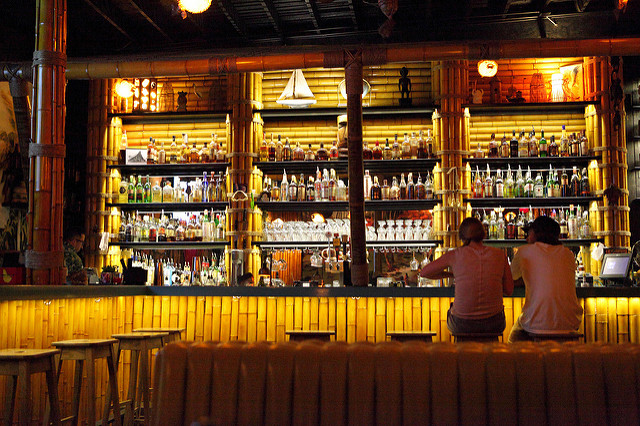On February 6, the ‘Ask for Angela’ campaign started working with nightclubs and pubs in Cork city to help people who feel at risk while out socialising. The initiative aims to combat harassment and sexual assault.
“With the increase in online dating, we want to help create an extra feeling of security and offer a helping hand to those who may need it,” said Cork Vintners Federation of Ireland (VFI) secretary Michael O’Donovan to the Irish Examiner.
The premise of the initiative is that anyone who feels at risk while enjoying a night out, regardless of gender or sexuality, can discreetly approach staff at participating establishments and ask for ‘Angela.’ This will be understood by the staff, who have been trained to respond accordingly and separate them from the person who made them feel unsafe. They would then accompany the person to a safe location, or get them a taxi, no questions asked.
The ‘Ask for Angela’ campaign is a good idea if executed well that will bring necessary help to people who need it. But what does it say about our society that this initiative is necessary?
The Rape Crisis Centre says on its website that it had to provide counselling and support to 1384 people in 2015 alone. Writer Jaclyn Friedman said in Time magazine that if there were huge numbers for people getting “carjacked or kidnapped, we’d call it a public crisis”.
Some social critics such as Paul Joseph Watson of Infowars.com have argued against the existence of western rape cultures. But for Friedman, “that we accept it as normal, even inevitable, is all the evidence I need.”
The Rape Crisis Centre also reports that 12% of their clients in 2015 were men and 81% of those men were subjected to child sexual violence. The 2002 SAVI Report from Liffey Press found that 60% of young men who had experienced child sexual abuse had never told anyone before telling the researcher. This shows that men and boys find it particularly hard to ask for help and abusers continue to get away with their crimes as a result.
US navy veteran Peter Musser spoke on the YouTube channel ‘Uplift’ about how gender roles are destructive. Rape culture affects everyone living in the rape culture. No one escapes unscathed.
The ‘Ask for Angela’ campaign is an important and hopefully effective effort to protect people in this context. The only way this problem is going to be solved permanently is if we tackle rape culture head-on.
By Mark Laherty
Photo via Sam Howzit on Flickr
